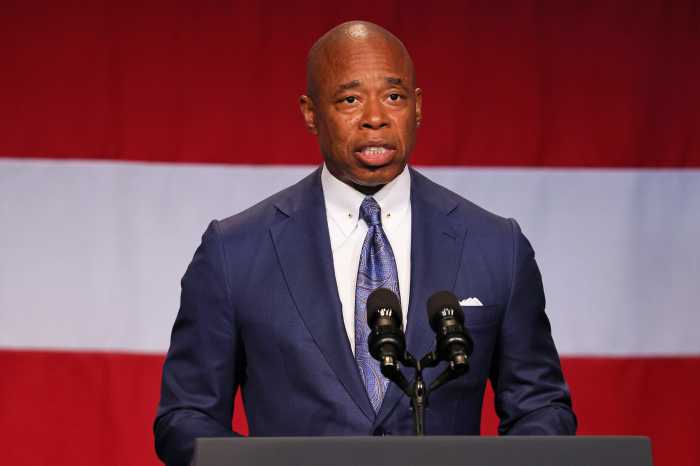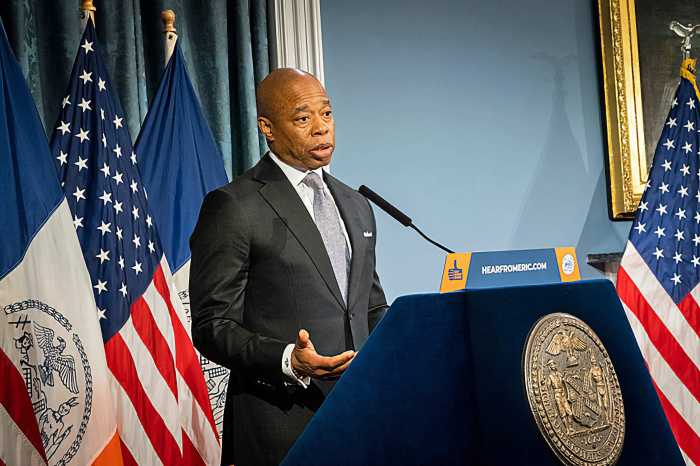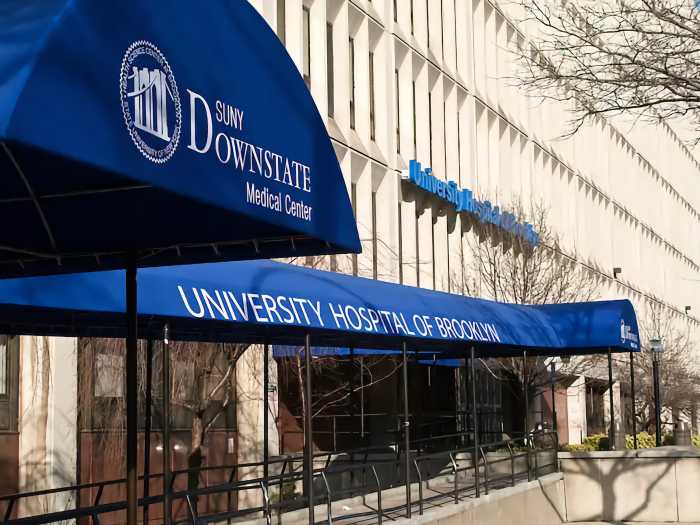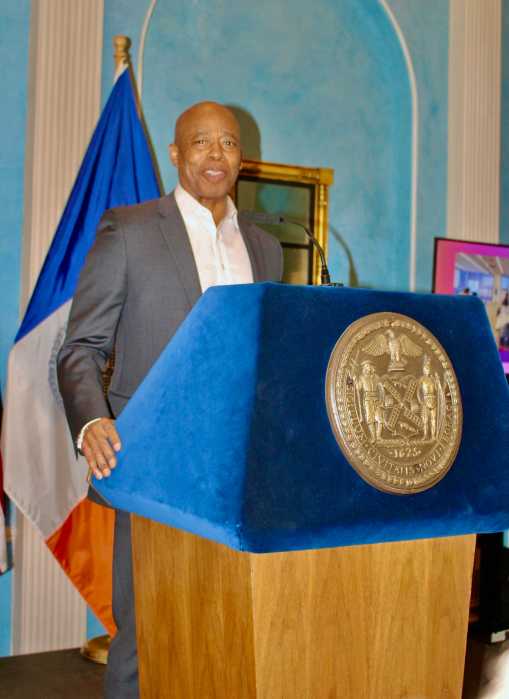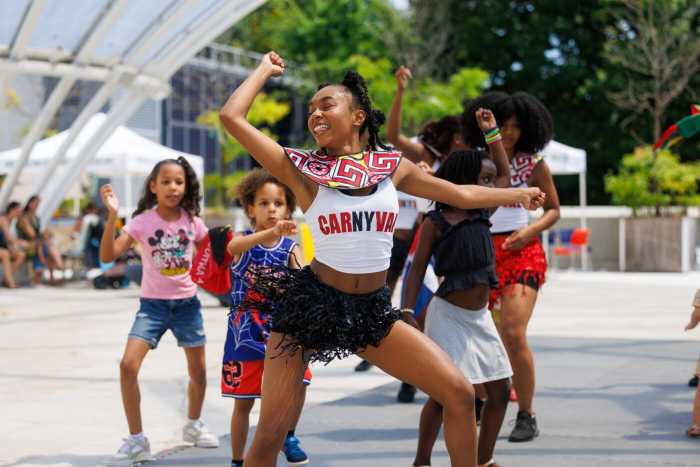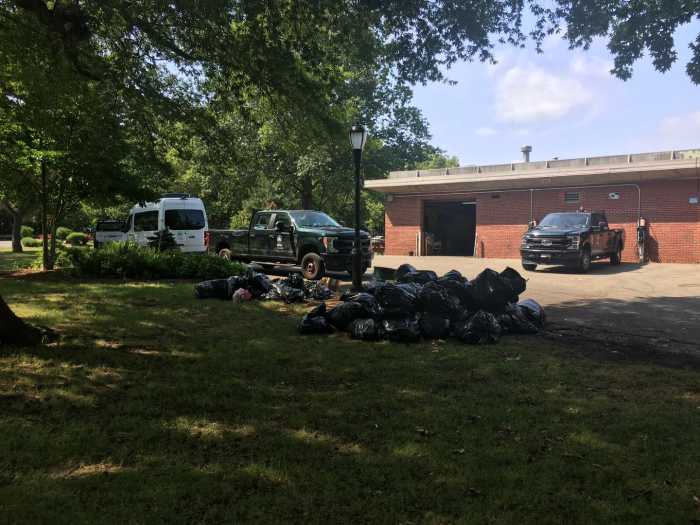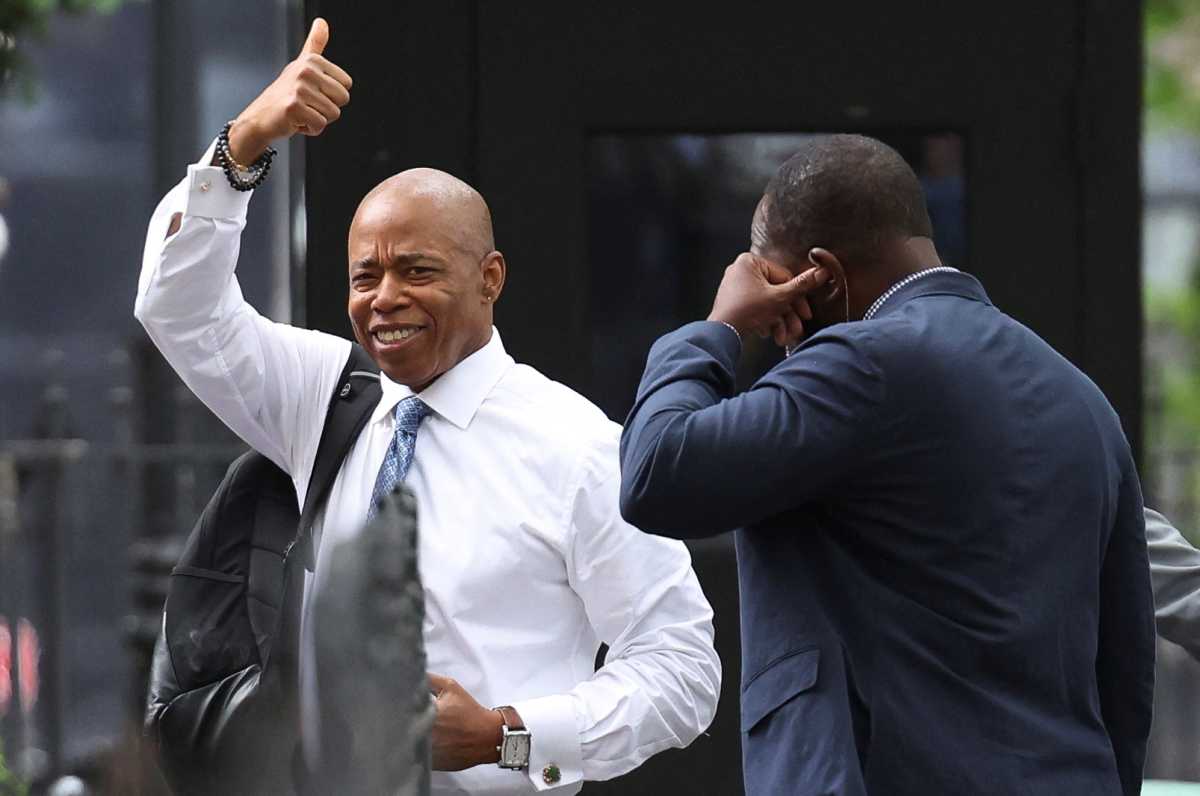The COVID pandemic tested New Yorkers across the five boroughs. When economic uncertainty arrives, low-income communities are always disproportionately impacted, and this pandemic hit them the hardest. For so many of our neighbors, irreversible damage was done. Families were torn apart by illness, community members lost, and in many cases livelihoods and homes disappeared. Students were forced to put their education on hold to care for a sick loved one and front-line healthcare workers were stretched to the limits both emotionally and physically. And to top it off, we were separated from family members, colleagues and friends for months.
As the economy worsened and COVID cases skyrocketed, businesses were forced to close and lay off employees, leaving them without means to support their families, and facing an uncertain future. And those small business owners who were not forced to close their doors, were confronted with the sad reality of losing employees to COVID and having to navigate a new economy that did not include them. Throughout it all, the Community League of the Heights (CLOTH), a non-profit that serves Washington Heights, Inwood, Hamilton Heights, and Harlem, addressed the needs of our neighbors and provided the crucial services to help get them through these trying times.
For the past 70 years, our agency has been the “on the ground” resource for families across upper Manhattan. We have always been deeply invested in our community. CLOTH began its journey in 1952 as a grassroots organization focusing on educational opportunities for children and families. Today we continue our commitment to community development with commercial revitalization projects & small business support, pantry services, affordable housing, adult education programs and at home health care. We have built more than 3,000 units of affordable housing and provided critical social services to over 2,500 households. We offer support to the most vulnerable, providing nourishment to the food insecure with our pantry. At the height of the pandemic, CLOTH distributed 500 bags of groceries per day four days per week and delivered food to our homebound seniors. Today, our pantry serves up to 400 bags per week.
Despite these hardships, we continue our work. During the darkest days of the pandemic, these programs became a literal lifeline, and with long-term investment we can continue to provide critical services to those who need it most. Underserved communities have never had the same access to job and educational opportunities as those in higher-income neighborhoods, and we aim to address inequities and ensure our community is heard. When we focus at the community level, on children and families, we see change, one child at a time.
New Yorkers are resilient and are rebounding after months of separation. We see the return of family gatherings, and we walk the streets of Washington Heights where locals are playing dominoes again. Zooms are slowly returning to in-person meetings and annual holiday festivities are bringing joy and anticipation of a better new year. Although the road is still long, community-based organizations (CBOs) like CLOTH have been an integral part of this recovery. And thanks to CBOs across the five boroughs, New York City is primed to recover. We will always be there for our community. They will not be forgotten.
Yvonne Stennett has been the executive director of CLOTH for nearly 30 years and has dedicated her professional and personal life to community development and empowerment of Hamilton Heights, Washington Heights, Harlem, and Inwood neighborhoods. She has worked at CLOTH since 1979, where she began her career organizing youth, implementing after-school programs and community service initiatives, and later becoming the Executive Director in 1994.



